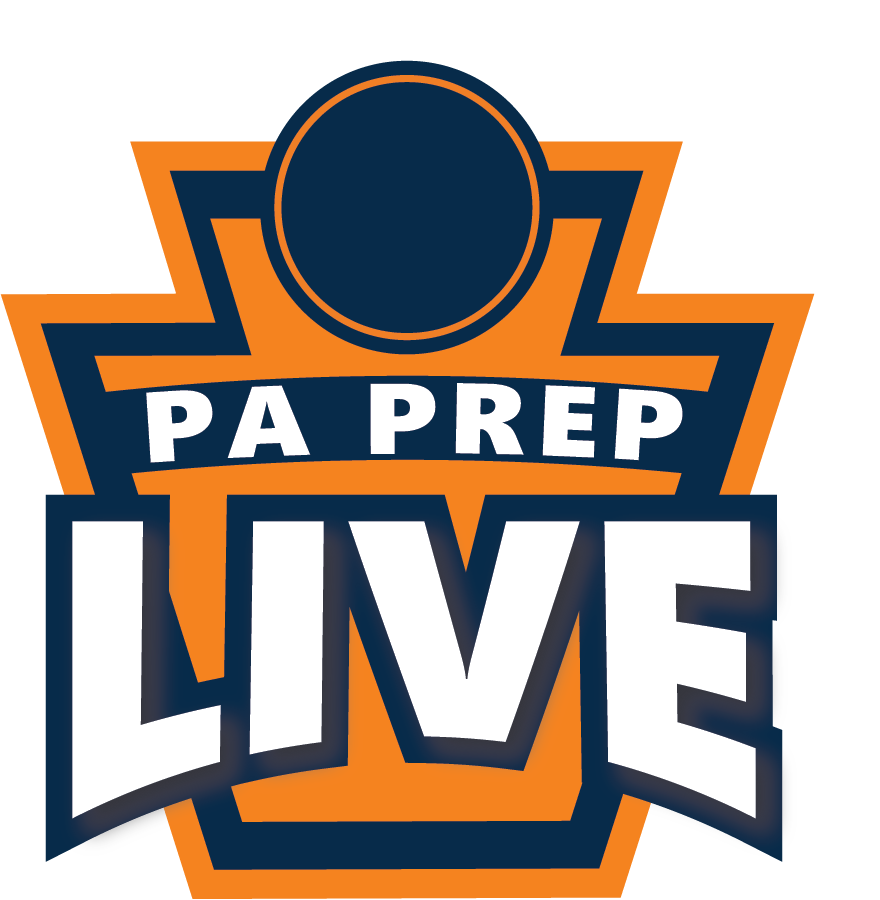
Oversight committee urges reexamination of 1972 PIAA law
The Pennsylvania high school athletic edifice rests tenuously on 17 words cobbled together 46 years ago. The motivations behind those words are about to get a closer dissection.
Among the topics discussed at Wednesday’s Pennsylvania Athletic Oversight Committee (PAOC) meeting were the intentions behind Act 219 of 1972 and their crucial place in how the PIAA can address competitive imbalance in its ranks, specifically whether or not that effort would have to include the General Assembly. That issue took center stage at the hearing of the PAOC, a bicameral body of six legislators charge with monitoring scholastic athletics in the state, held at Heinz Field in Pittsburgh.
A growing contingent of public schools, led by the organizers of July’s Playoff Equity Summit, believe the only solution to the disproportionate number of championships won by private schools is to partition so-called “non-boundary” schools (i.e. private, parochial and charter schools) into separate postseason tournaments. The prevailing notion, espoused by administrators and legislators, is that doing so would require an act of the legislature, stemming from the 1972 act that granted private schools membership to the previously all-public PIAA.
But the leaders of the Equity Summit want to put Act 219 under the microscope. Three superintendents who testified — Millcreek Township’s William Hall, Laurel’s Leonard Rich and Harmony Area’s Stuart Albaugh — sought to challenge whether new legislation is needed or if the 1972 act offers sufficient leeway for the PIAA, should it approves plans via its board, to conduct separate championships.
The 1972 law, first introduced as House Bill 2104, underwent three revisions. It first stipulated an amendment to the Public School Code that, “Private schools that participate with public schools in scheduled athletic contests during the playing season shall be permitted, if qualified, to participate in post-season athletic contests.” After vetting by the House’s Education Committee, it returned to the floor with slightly altered language: “Private schools shall be permitted, if qualified, to participate in post-season athletic contests WITH PUBLIC SCHOOLS” (emphasis in original).
The final text of the bill is pared down to, “Private Schools shall be permitted, if OTHERWISE qualified, to BE MEMBERS OF THE PENNSYLVANIA INTERSCHOLASTIC ATHLETIC ASSOCIATION”. To the superintendents, the alterations speak to intent, which would change the PIAA’s latitude to conduct separate championships (and its legal liability in doing so) without legislative intervention. Both State Sen. Jay Costa, D-43 of Pittsburgh, and PAOC Chairman Rep. Gene DiGirolamo, R-18 of Bensalem, advocated a legal review of the act.
“It would be hard for me to believe the intent of the law … was to allow schools to be part of the PIAA and then not allow them to play in championship rounds against other schools,” DiGirolamo said as part of his closing remarks. “It’s hard to believe that was the legislative intent.”
That determination merely alters how public-school advocates would go about enacting the change they seek. The three superintendents stumped for a plan that divided public schools into four classifications, A-4A, by enrollment, with private schools sorted into Class 5A and 6A.
Most of the conversation topics hewed to procedural aspects. State Sen. Costa expressed discontent that the PIAA pushed through a raft of significant rule changes at its July meeting — including a postseason ban for students transferring after ninth grade — on second reading, eschewing the typical three readings and, in Costa’s view, shorting constituencies a chance to review and lodge objections. PIAA board chairman James T. Zack testified that the moves were “necessary to ensure that the rules were in place for an entire schools year and the start of the two-year classification cycle.”
“I’ve been disappointed in the way the PIAA went about adopting new regulations related to transfers, and the unfairness of the competition between private and public schools in state championships,” Costa tweeted from his official account. “I made that clear to PIAA in our oversight committee meeting this morning.”
The three superintendents expressed concerns that their voices were being muted via PIAA channels. Hall, Rich and Albaugh convened the summit of more than 150 public school representatives in July seeking remedies to the public-private imbalance, a group overwhelmingly composed of smaller schools in the western half of the state. They’ve toned down rhetoric about splintering from the PIAA to sanction their own tournaments, but they’ve been rebuffed by the PIAA, which insists that such business be brought before the board directly.
The PIAA’s expansive board includes 32 elected members, representing not just the 12 geographic districts but various interest groups, including school boards, administrators, principals and athletic directors, as well as private schools. (There’s no charter school representative yet, which also was broached at the hearing.) Zack implored that such proposals be brought to the board, and that “the stakeholders that desire discussion here today have failed to follow the established process of submitting items for discussion through their elected representatives” to the board.
Hall and others pushed back at that notion.
“We were flat out told no from the get-go that they would not even address separate playoffs,” Hall told the Daily Times. “We felt we had no other recourse but to organize ourselves and that’s what we did.”
Hall added that surveys distributed by his organization to 350 districts statewide have yielded a 94 percent response rate in favor of separate championship. Public schools represent 76 percent of PIAA’s membership.
Legislators joined the PIAA in cajoling the public school advocates to pursue their goals through regular business. Only obliquely referenced by the superintendents was Act 91, the bill that inaugurated the PAOC and which stipulates that it can disband the PIAA if it is deemed insufficient to oversee athletics and replace it with a new body, but such a doomsday scenario remains a distant proposition.

